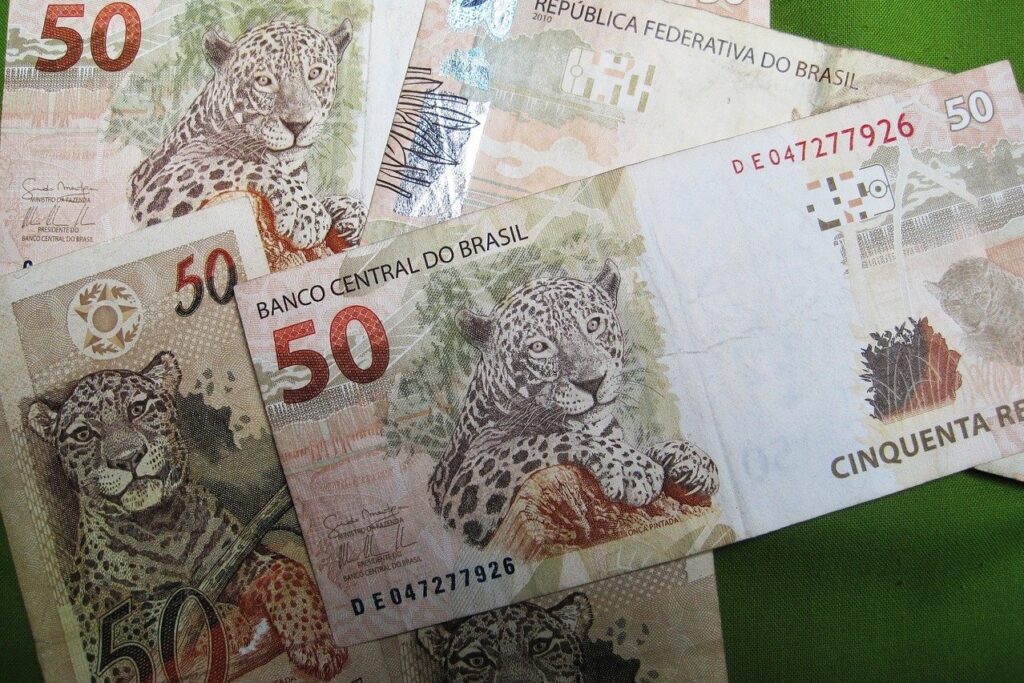Vestigo Volatility Score: 70%
COVID has caused socio-economic hardship the world over. Consequentially, it has hit Brazil with particular relentlessness. Currently, the country is dealing with spiraling inflation concerns. This has spurred Brazil’s central bank (BCB) to raise the interest rate, known as the Selic, from 4.25 percent to 5.25 percent on Aug. 4. This is the biggest rate hike since 2003, with recent hikes seeing increased rates of 0.75 percent successively. Such an aggressive monetary policy by the BCB, with further rate hikes almost certain, will undoubtedly reverse an upwards inflationary trajectory. Inflation was hovering at 8 percent year-on year in June 2021. The bank’s target is 3.75 percent inflation in 2021, a figure seemingly far out of reach. While inflation will likely remain relatively high in the coming months, it will unlikely spiral out of control, and is sure to reach more manageable levels in the coming years. However, uncertainty and volatility in the coming months is almost guaranteed, clouding the light at the end of the tunnel.
Central bank monetary policy deals with fine margins. With high inflation, the woman who lives in a favela in northern Rio de Janeiro might struggle to even afford her daily meals. However, precedent shows that an aggressive hike in the interest rate to curb that inflation may also land the same woman in trouble, with unemployment levels likely to trend upwards. Certainly, markets will react with impulsiveness as businesses cower at the prospect of paying increased rates for loans.
An Aggressive Monetary Policy Will Drive Short-term Volatility
The BCB stated that another large rate hike is likely when economists next meet in a month and a half, citing fears of continuing risks to the economy caused by spiraling inflation. This is proving a much more aggressive approach to monetary policy than the likes of the US. The latter has been slow to enact a tapering policy for fears of upsetting market stability. In the US, many business sectors are still sailing upon calm waters driven by the huge stimulus packages the central bank, the US Fed, continues to provide. Fears of creating any turbulent waves in that market landscape has led the Fed to adopt an extremely cautious approach to increasing rates in the US. Brazil is taking an inverse approach, digging in with all the tools at its disposal. The BCB style of monetary policy is likely to create a much more volatile and uncertain economic environment in the coming months, and markets will likely react with expected uncertainty.
Rate Hikes Will Likely Lower Inflation Rates
One outcome of the continuous hikes in Brazil’s Selic rate is certain. Loans will become more expensive and therefore, almost without question, inhibit business spending. For the average Brazilian on the other hand, if the BCB is even moderately successful, prices will stop increasing at a rampant pace. Speculators might then assume long-term poverty trends will reverse as inflation is curbed and the average person can once again afford her daily staples.
Looking back to 2003, Brazil’s inflation rates were almost entirely in the double digits, at an astonishing high of 17 percent year-on-year to May 2003. What we notice is that the BCB’s rate hikes had their desired effect, with inflation numbers again returning to a safer single-digit zone throughout 2004. Of course, we should never confuse causation with correlation, but the inverted 2003-2004 trend is a strong indicator nonetheless!
For the individual in northern Rio de Janeiro that loses her job, that wait for inflation to fall may prove excruciating, especially if she loses her job as a consequence of the Selic rate hike. The BCB nonetheless seems set on risking short-term market volatility and social unrest to avoid filling its vaults with wheelbarrows of worthless cash in the coming years.


If the rate hike will hit the real wages of the average Brazilian, can we expect social unrest? Reduced spending power could push the electorate to vote for a populist president in next year´s upcoming elections leading to excessive government spending and a return to high inflation.
I suspect we´ll have continued instability in the Brazilian economy.